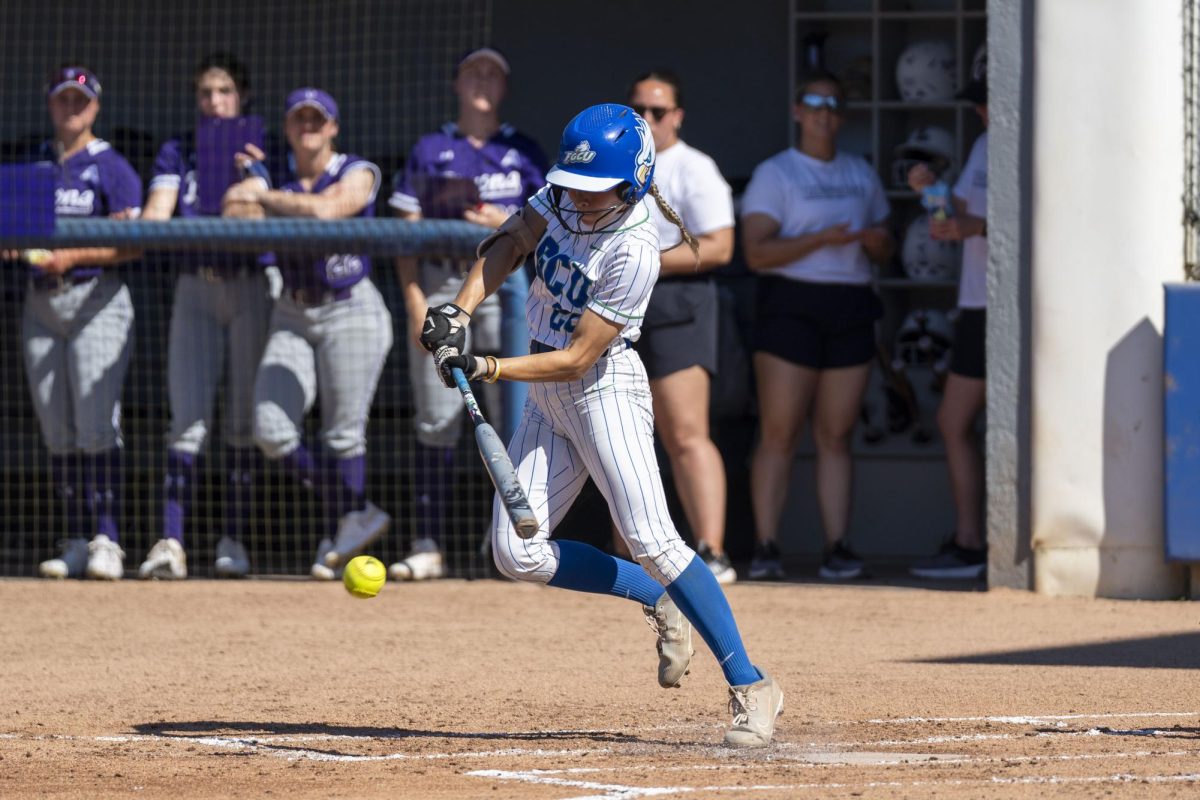The participation component of college courses is a grade that some students thrive on, but others dread. Many professors, not only at FGCU, but at community colleges and universities all across the country, designate a grade for class participation. This grade is typically not composed of just attendance, but a student’s tendency to actually speak up in class and join the conversation.
Amanda Seiders, junior English major, supports having participation as a grade component because it gives students an opportunity to engage with their professors.
“I think it’s good that teachers grade for participation,” Seiders said. “If they didn’t, a lot more of the grade would depend on testing and assignments, and simply being active in class is a much more preferable way of achieving a good grade. I personally like to participate in class because it helps me get a better grasp of what’s being taught.”
Although participation may enhance some students’ learning experience, this is not true for all students. Your personality and overall comfort level in class may ultimately determine whether or not you participate.
Marlene Dzib, junior legal studies and political science major, believes there are advantages of class participation, but she also believes there are various shortcomings of this grade component.
“Participation is important, but it can have some downfalls because some students may not be comfortable in that area,” Dzib said. “It’s beneficial that we give our input, but I don’t like the idea of being solely graded on participation. I like participating in the sense of answering questions, but when it comes to other areas, one never knows what a professor will think of a student’s opinion. I like listening more.”
Different students learn in different ways; some learn by doing, some learn by listening, and some learn by discussing. I believe that interaction is important, but it is crucial to make sure that students don’t fall into the talking trap while others get left behind. Furthermore, some students prefer to selectively participate and only chip in when they have something useful to contribute to the class discussion.
Other students are willing to say just about anything, even if it doesn’t make much sense, just for the grade. I reject any claims that argue one’s participation, bravery, and persistent sharing of opinions determines his/her intellect. Designating a grade for participation can be extremely beneficial, but it must be done cautiously.
If a professor decides to grade on participation, I believe that it should be based on much more than just talking. It should be based on the student “being there” and this doesn’t just indicate attendance, but listening, taking notes, and paying close attention during class. Participating in a class discussion can be a valuable part of learning, but measuring a student’s contribution is complicated and it must be done thoughtfully.
Participation should not be based on how frequently a student speaks up; it should be based on the quality and substance of what the student is saying. I also believe that raising your hand to ask a question is just as important as raising your hand to answer a question. Participation should not be graded to encourage talking, but to encourage learning and collaboration by accommodating what participation means to different students.
Student participation is a common grade component in college courses and it is unlikely that participation grades will be disappearing anytime soon. However, the way participation grades are determined could benefit from some serious deliberation and reflection.


































